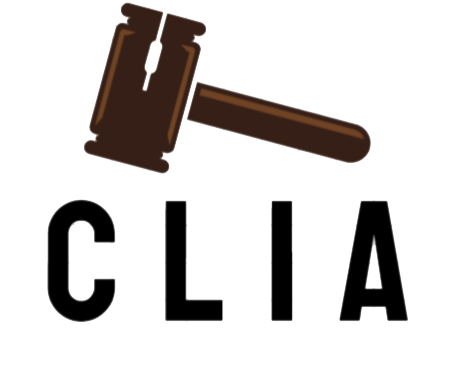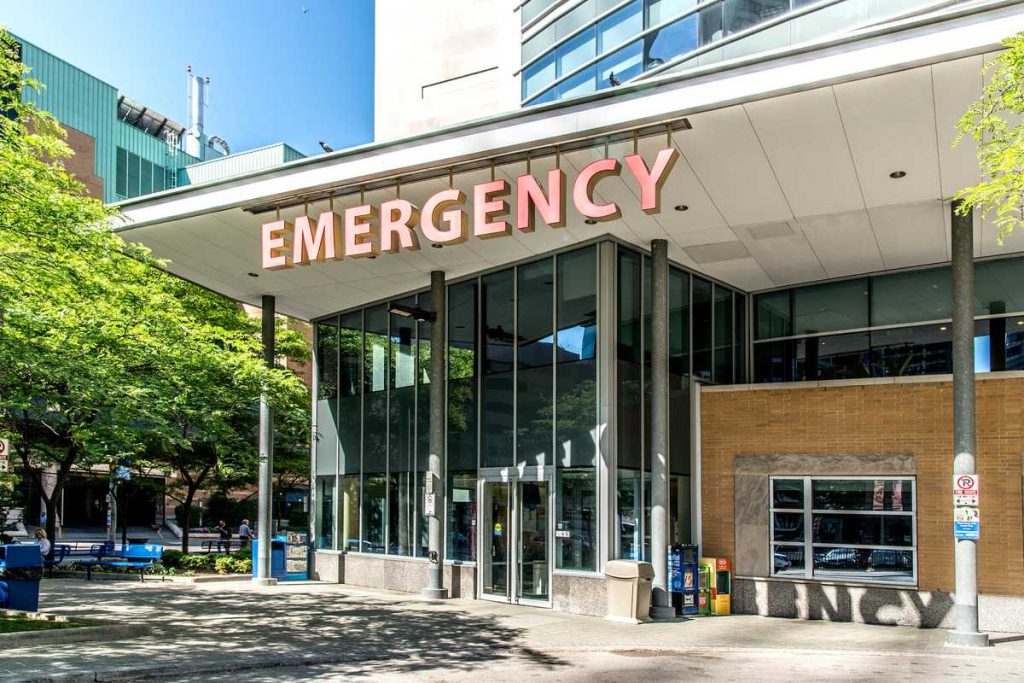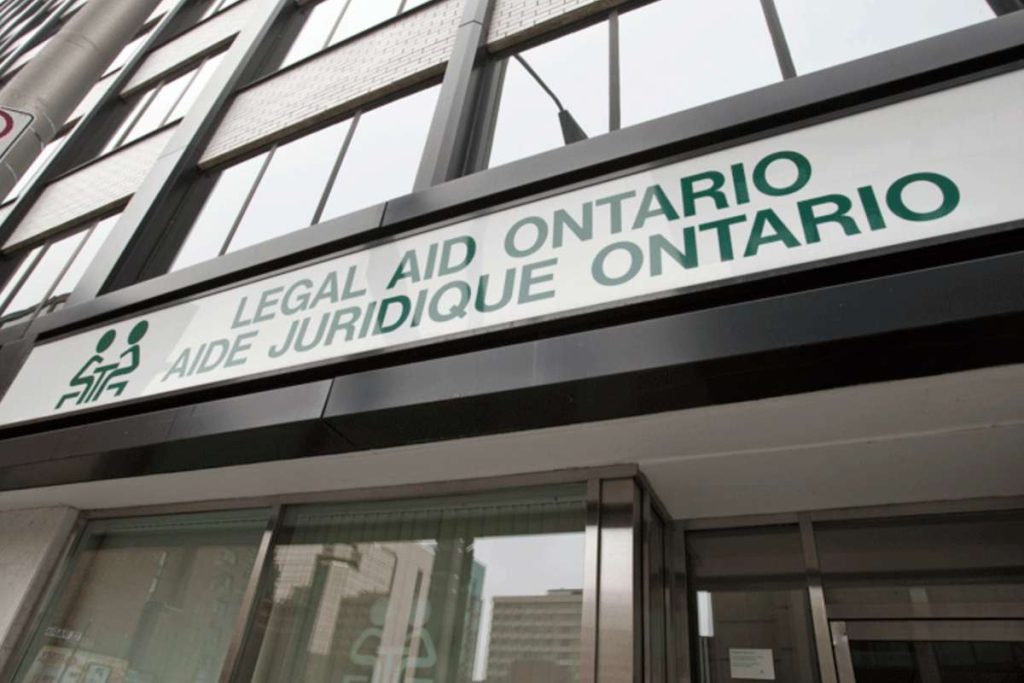Cannabis Legal Rights Matter: Free Support for Your Peace of Mind
Navigate the complex landscape of cannabis law with confidence and comprehensive support. As cannabis legalization evolves across jurisdictions, understanding your rights and accessing qualified legal assistance remains crucial for both consumers and industry professionals. While Delta 8 THC gummies on budpop and other products become increasingly available, the need for informed legal advocacy has never been more important.
Today’s cannabis legal landscape offers multiple pathways for support, from pro bono services to community advocacy groups dedicated to protecting your rights. Whether facing business compliance issues, personal use concerns, or seeking to understand local regulations, connecting with experienced legal professionals who understand both cannabis law and social justice is essential.
This rapidly evolving field demands advocates who combine legal expertise with a deep understanding of community needs and social equity. Through organized networks of support, individuals and businesses can access resources, education, and representation to navigate cannabis-related legal challenges effectively while promoting fair and just implementation of cannabis laws.
Understanding Your Cannabis Legal Rights
Personal Use and Possession
In Ontario, adults aged 19 and over can legally possess up to 30 grams of dried cannabis or its equivalent in public. You can store more at home, but it must be kept secure and away from minors. Legal cannabis must be purchased from licensed retailers or the Ontario Cannabis Store.
You have the right to use cannabis in private residences, including rented homes and apartments, unless your lease specifically prohibits it. However, smoking or vaping is not allowed in common areas, workplaces, or near building entrances and exits.
Growing cannabis at home is legal, with a limit of four plants per household. These plants must be grown from legal seeds or seedlings and kept out of public view.
If you’re stopped by police, remain calm and know your rights. You don’t have to answer questions about cannabis possession, but you must provide identification if asked. Keep your cannabis in sealed, labeled containers and carry proof of legal purchase when possible. If you face charges related to cannabis possession, seek immediate legal help from community legal clinics or legal aid services.
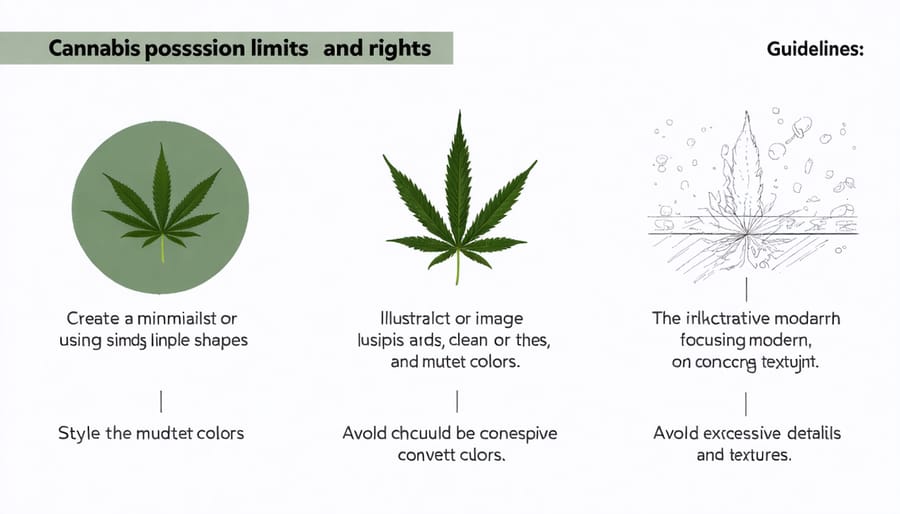
Housing and Employment Protection
Legal cannabis use shouldn’t put your housing or job at risk. As a tenant, you have the right to consume cannabis in your home as long as it’s done legally and doesn’t disturb other residents. Your landlord cannot evict you solely for legal cannabis use, though they may have rules about smoking on the property.
In the workplace, employers must accommodate medical cannabis use just like any other prescribed medication. However, they can still enforce policies about impairment at work and maintain safety standards. If you use cannabis for medical purposes, consider having an open discussion with your employer about accommodation needs.
Keep detailed records of any housing or employment issues related to your cannabis use. If you face discrimination, harassment, or unfair treatment, document everything and seek legal help immediately. Many situations can be resolved through proper communication and understanding of rights, but legal support is available if needed.
Remember that while cannabis is legal, reasonable restrictions in shared spaces and workplaces are allowed. The key is finding the right balance between your rights and others’ concerns.
Free Legal Support Services Available

Consultation Services
Our legal team offers free initial consultations to help you understand your rights and options regarding cannabis-related matters. During these 30-minute sessions, we’ll listen to your concerns, assess your situation, and provide guidance on potential next steps. To access our consultation services, you can apply for legal aid services or contact our office directly.
Eligibility for free consultations is based on income level and residency in West Toronto. Priority is given to individuals facing immediate legal challenges, those from marginalized communities, and those with limited access to legal resources. We understand that navigating cannabis laws can be overwhelming, which is why we strive to make our services accessible to everyone who needs them.
During your consultation, we’ll discuss:
– Your specific legal situation
– Available options and potential outcomes
– Next steps and required documentation
– Referrals to additional support services if needed
– Possible alternatives to legal action
We encourage you to bring any relevant documents to your consultation. If you need language interpretation services, please let us know when scheduling your appointment, and we’ll arrange for appropriate assistance at no cost.
Advocacy Support
Our advocacy support team understands the challenges you may face when dealing with cannabis-related legal issues. We offer compassionate representation and guidance through various channels, including one-on-one consultations, group workshops, and emergency legal resources. Our dedicated advocates work alongside you to understand your specific situation and develop effective strategies for resolution.
We provide support in several key areas:
– Understanding your rights under current cannabis laws
– Navigating licensing and compliance requirements
– Addressing discrimination in housing or employment
– Accessing medical cannabis programs
– Resolving disputes with law enforcement
Our advocates can help you prepare documentation, attend hearings, and connect with specialized legal professionals when needed. We also work closely with community organizations to ensure comprehensive support that addresses both your legal and social needs.
For those facing financial barriers, we offer sliding-scale fees and can connect you with pro bono services. Our team speaks multiple languages and provides culturally sensitive support to ensure everyone in our community has access to quality legal advocacy.
Remember, you don’t have to navigate cannabis-related legal challenges alone. Our advocates are here to support and empower you throughout your journey.
Common Legal Challenges and Solutions
Landlord-Tenant Disputes
Living in rental housing while using cannabis, even legally, can sometimes lead to conflicts with your landlord. If you’re facing issues related to cannabis use in your rental home, it’s important to know your rights. Landlords cannot evict you solely for legal cannabis use, but they can address legitimate concerns about smoke, odors, or cultivation that affect other tenants or property.
To prevent and resolve disputes, consider these steps:
– Keep documentation of any medical cannabis prescriptions
– Be aware of your building’s smoking policies
– Use proper ventilation and air purifiers
– Consider smokeless consumption methods
– Respond promptly to any complaints or notices from your landlord
If your landlord is threatening eviction or harassment over legal cannabis use, seek legal help immediately. Many issues can be resolved through open communication and reasonable accommodation. For example, you might agree to use cannabis on a balcony or switch to edibles to address smell concerns.
Remember that while the law protects your right to reasonable cannabis use, you still have responsibilities as a tenant. This includes preventing damage to the property and avoiding disruption to other residents. If you’re growing cannabis plants, ensure you’re following legal limits and proper safety protocols.
If you need support with a cannabis-related housing dispute, reach out to our legal clinic. We can help you understand your rights and work toward a fair resolution while maintaining your housing security.
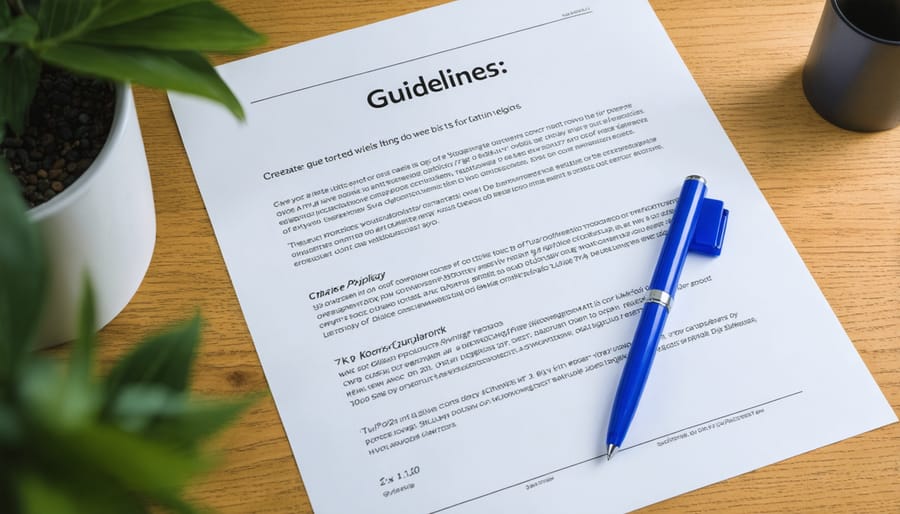
Workplace Rights
Cannabis legalization has brought new challenges to the workplace, and it’s important to understand your rights as an employee. Your employer must balance workplace safety with your right to legal cannabis use, especially if you use it for medical purposes. While employers can restrict cannabis use during work hours and maintain drug-free workplaces, they cannot discriminate against you for legal cannabis use outside of work.
If you have a medical prescription for cannabis, you have additional protections. Employers must accommodate your medical needs up to the point of undue hardship. This might include allowing you to take necessary breaks or adjusting your work schedule. However, you must still be able to perform your essential job duties safely.
For safety-sensitive positions, such as operating heavy machinery or driving, employers may have stricter policies. It’s important to understand your company’s specific cannabis policies and procedures. If you feel you’re being unfairly treated due to cannabis use, document all incidents and communications with your employer.
Remember that impairment at work is never protected, regardless of the substance. If you’re facing workplace discrimination or need help understanding your rights regarding cannabis use, reach out to your local legal clinic. We can help you navigate workplace policies and protect your rights while maintaining your employment relationship.
Navigating cannabis legal issues can be challenging, but you don’t have to face these challenges alone. Throughout this guide, we’ve explored the various aspects of cannabis legal support and advocacy, from understanding your basic rights to accessing free legal services in West Toronto. Remember that legal support is available regardless of your income level or background, and seeking help early can make a significant difference in resolving your situation.
If you’re facing cannabis-related legal issues, don’t hesitate to reach out to community legal clinics and advocacy organizations. These services exist to support you and ensure your rights are protected. Many organizations offer confidential consultations and can help you understand your options without judgment or pressure.
Take advantage of the resources available in your community, including legal education workshops, peer support groups, and advocacy initiatives. These services can help you build knowledge, connect with others facing similar challenges, and work towards positive change in cannabis laws and policies.
Most importantly, know that seeking legal help is a sign of strength, not weakness. Whether you’re dealing with employment discrimination, housing issues, or other cannabis-related legal matters, trained professionals are ready to listen and provide the guidance you need. Your concerns are valid, and you deserve access to justice and fair treatment under the law.
Stay informed about your rights, keep documentation of any legal issues you encounter, and remember that support is always available when you need it. Together, we can work towards a more just and equitable system for all members of our community.
